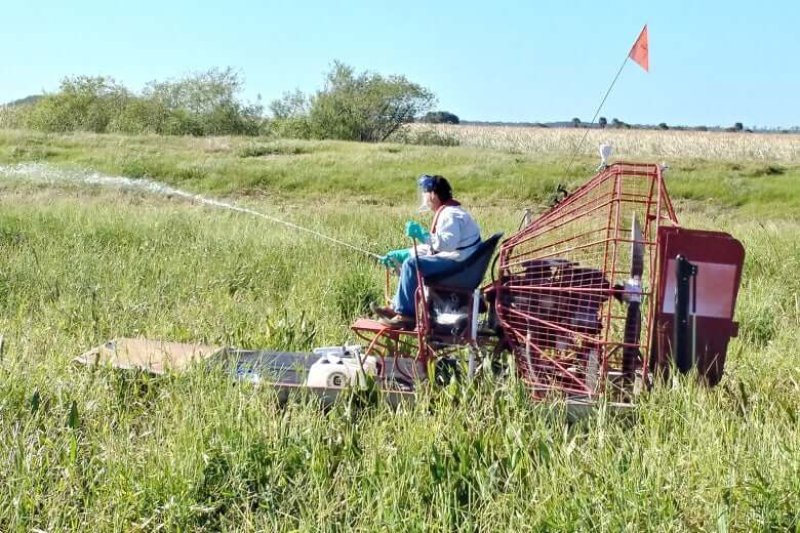You’ve seen the ads flooding television and social media: “Have you been exposed to weed killer Roundup? If you have cancer, you may be eligible for compensation. Call our law offices … ”
In 2018 and 2019, California juries ordered Roundup’s producer, Monsanto, to pay multimillion-dollar compensations to four non-Hodgkin lymphoma patients who claimed to have been sickened by Roundup (one of dozens of formulations with herbicide glyphosate as the active ingredient) …. The California verdicts will almost certainly be overturned on appeal because they were based on the alleged failings of Monsanto, not on any scientific evidence …. Follow-up suits that aren’t settled are likely to fail, too.
All scientific bodies that have seriously studied glyphosate report no link to cancer …. Yet, some environmental groups are calling for a total ban on glyphosate ….
…
Here’s why protecting the proper, responsible uses of glyphosate matters so much …. Glyphosate is the most effective tool, often the only tool, wildland and aquatic managers have for restoring fish and wildlife habitats destroyed by alien plants.
…
One boots-on-the ground NGO that gets it about glyphosate is the Nature Conservancy …. It applies glyphosate more than any of the other 18 herbicides it uses to save and recover fish and wildlife.
Read full, original article: Roundup Hysteria































